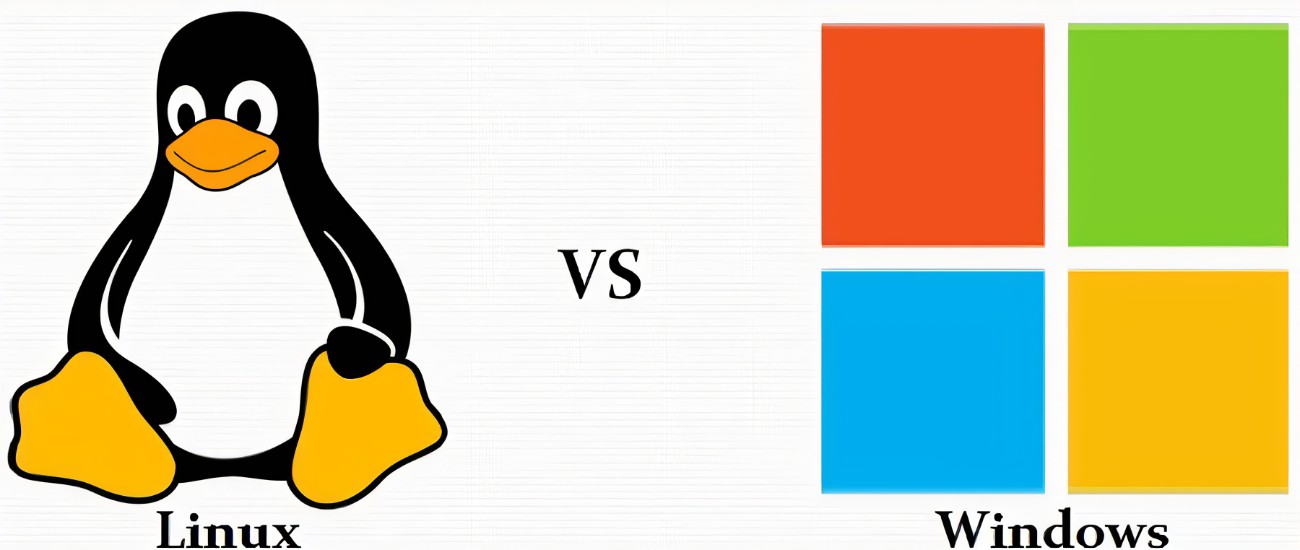Windows and Linux differ in their user interface, cost, and compatibility with software and hardware. Both have distinct advantages and disadvantages, making them suitable for different user needs. Windows provides a more user-friendly experience with a larger selection of compatible software, while Linux offers greater customization and a more stable and secure environment. Understanding the key differences will help users make informed decisions based on their specific requirements for an operating system.
We will delve into the essential disparities between these two OS, highlighting their features, performance, and suitability for various use cases. Whether you are a casual user, a business professional, or a developer, knowing the differences between these two operating systems is crucial for selecting the best fit for your computing needs.
Understanding The Fundamental Differences
When comparing Windows and Linux, it’s crucial to understand their fundamental differences. The user interface in Windows provides a more intuitive and user-friendly experience, while Linux offers extensive customization options, catering to advanced users and developers.
Another key difference lies in system performance and resource management. Windows often requires more system resources to operate smoothly, making it more suitable for high-end hardware. On the other hand, Linux is renowned for its efficient resource management, making it a preferred choice for older or less powerful hardware.
Security And Stability Comparison
Both operating systems have key differences in terms of security and stability. When it comes to vulnerabilities and patch management, Windows is often a target for cyber attacks due to its widespread use, while Linux has a more secure architecture and a quicker patch management system. Moreover, Linux is known for its system reliability and compatibility, making it a popular choice among developers and businesses for running servers and mission-critical systems.


Software And Application Ecosystem
Availability of Software and Tools: Both Windows and Linux offer a wide range of software and tools but with distinct differences. Windows has a vast array of commercially available software applications, including many popular productivity and multimedia tools. On the other hand, Linux provides a rich selection of open-source software and tools, offering flexibility and customization options.
Development and Open Source Communities: Windows largely relies on proprietary development and support, whereas Linux thrives on open-source communities. This open-source model fosters collaborative development, innovation, and continuous improvement. The Linux community is known for its rapid and responsive evolution, empowering users to actively participate in the enhancement of the operating system and its associated software.
Frequently Asked Questions Of Windows and Linux
What Are The Main Differences?
Windows and Linux differ in their system architecture, user interface, and compatibility with software. Windows is more user-friendly with a wider range of software support, while Linux offers better customization and is known for its security and stability.
Which Operating System Is More Secure?
Linux is renowned for its security due to its open-source nature, community-driven development, and fewer vulnerable areas. Windows, while constantly improving its security features, is still more susceptible to malware and viruses compared to Linux.
What Are The Advantages Of Using Windows Over Linux?
Windows is known for its user-friendly interface, extensive software compatibility, and robust gaming support. Additionally, it has a larger user base which often results in better support and updates for mainstream software.
When Should I Choose Linux Over Windows?
Consider choosing Linux for tasks that require stability, security, and customization such as server management, web development, or programming. It also offers better control over system resources and is more suitable for older hardware.
Conclusion
Both Windows and Linux offer unique features catering to different user preferences. Understanding the key differences can help you make an informed decision based on your specific needs. Whether it’s about customization, security, or user interface, both operating systems have their own strengths. Ultimately, the choice between these two Operating Systems (OS) depends on the individual requirements and skill level.

